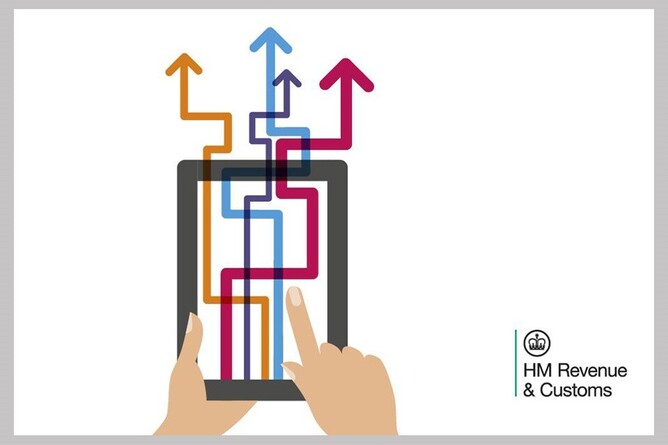The New, Ambitious Plan For Making Tax Digital (MTD) Has Been Revealed
Introduction
All companies that were VAT registered and their VAT taxable turnover was over the 'threshold' were moved over to new Making Tax Digital (MTD) reporting some time ago. The remaining VAT registered companies under the VAT threshold and other taxes were put on hold. One time to be grateful for Brexit negotiations overrunning some would say!
Last week, the new ambitious plan to digitalise tax was revealed with the first draft of the HMRC 10 year plan.
MTD for VAT
The written statement from the Financial Secretary of the Treasury, Jess Norman confirmed that all VAT registered traders will have to use MTD compatible software to file their VAT returns with effect for VAT periods starting on and after 1 April 2022. They will also be required to keep the VAT records in a digital format.
A third of small VAT-registered businesses affected by this have already been using MTD software voluntarily. However, the paper says “there have also been lessons learned, which will be used to inform and shape the introduction of the next phases of digital implementation”. We wonder what changes will be made for the 2022 stage.
MTD for Income Tax
Originally, MTD was for all tax types and was to have started with quarterly reporting for income tax however the focus switched to VAT for a variety of reasons.
This new ten-year plan sets a goal of April 2023 for micro self-employed businesses and unincorporated landlords to commence quarterly reporting through MTD software and to keep digital records. Therefore, four million unincorporated businesses and landlords with annual turnover exceeding £10,000 per year will be drawn into MTD.
However, the roll-out may be different to that initially envisaged as HMRC says it will draw on everything that has been learned from the implementation of the VAT service to date and responses to the MTD evaluation document which was published in March.
MTD for Corporation Tax
The four year wait for a consultation document on MTD for Corporation tax is nearly over as we were promised it will be published in the autumn although there is no mention of MTD for complex bodies such as large partnerships. When MTD for Corporation tax was first proposed it was quickly apparent that quarterly reporting would not be practical for very large partnerships and LLPs which operate more like companies but are legally partnerships where the individual partners pay income tax.
Paying The Right Tax At The Right Time
The tax administration strategy is to explore the timing and frequency of tax payments to make them more “real time” to align with the reporting of tax information. We note that the technology infrastructure will have to be changed to support such tax payments but real time tax reporting under MTD can be introduced without changing tax payments.
HMRC says it wants to make it as easy as possible for people to pay the right amount of tax and make it harder for taxpayers to avoid paying tax. The government argues that using digital technologies, which permit HMRC to make interventions earlier, will prevent tax loss and reduce the tax gap.
Improve Administration
The strategic plan addresses the UK’s present tax administration framework, much of which is over 50 years old, going as far back as the Taxes Management Act 1970. The government will publish a call for evidence later in the year to help identify a range of reforms to include:
- Obligations of taxpayers and HMRC
- Penalties and sanctions for failing to comply with obligations
- Taxpayers rights and safeguards
- How taxpayers are identified and register with HMRC
- How tax liabilities are identified amended and assessed.
The plan says “Taxpayers should be able to view their tax position and tell HMRC anything it needs to know through a single online account. This implies that the personal tax account and business tax account will be merged.
Steady Change
The final section of the strategic plan warns against rushing change and emphasises that getting the foundations of a new system right is an important first step. The government wants a genuine open debate about long term reforms such as changing tax payment schedules. It also says that HMRC will ensure that its services can continue to be accessed by those who are digitally excluded.

